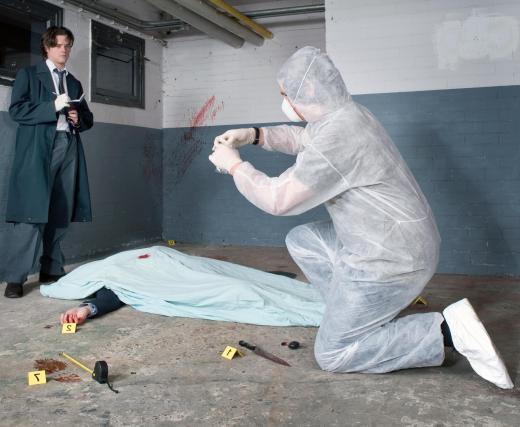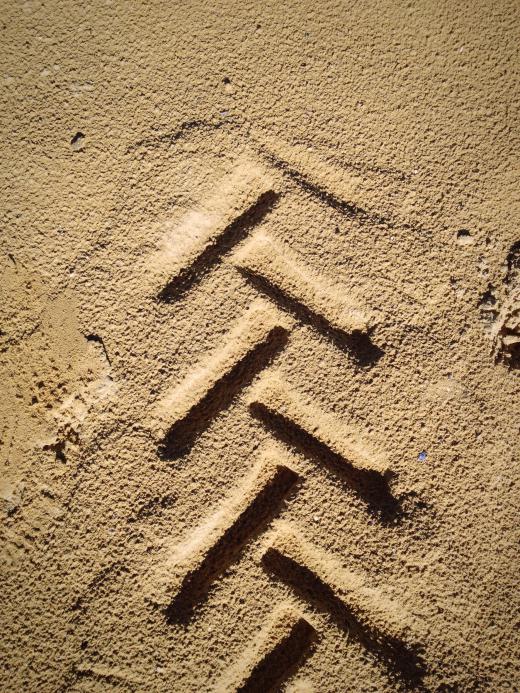What is Forensics?
Forensics is a science dedicated to the methodical gathering and analysis of evidence to establish facts that can be presented in a legal proceeding. Though crime scenes and labs are perhaps most often associated with forensics, computer or network forensics, forensic accounting, forensic engineering and forensic psychiatry are among other specialized fields.
In the United States, forensics was a fairly obscure topic to the general public until the double-murder trial of Orenthal James Simpson in 1995. In a case that gripped the nation, months of testimony were heard on DNA blood evidence, shoeprint evidence, fiber evidence and other forensics. Since then, a string of forensic-based television shows have regularly topped the ratings, making forensics a household word.

Those that collect forensic evidence must follow strict procedures to protect evidence from contamination and destruction and to preserve the chain of custody. Because science is unbiased and sound, forensics is considered a very critical part of any investigation. While witnesses can often be mistaken, have credibility issues, hold a stake in the outcome, have fading memories, or even pass away, forensics "tells the same story" no matter how many times it is tested, or how many years have passed.

The field of forensics is so vast, it requires specialists or criminalists in everything from tire track analysis, to odontology, to the lands and grooves that make every gun barrel unique. From microscopic evidence and transfer evidence such as fibers and hairs, to blood splatter and forensic entomology, there are many fields of specialization.
Though forensics deals with circumstantial evidence, it is widely considered some of the best and most compelling evidence that any prosecution or defense lawyer can have in his or her arsenal. Some people have suggested that the public's awareness of forensic science might be potentially compromising to law enforcement, producing educated criminals who might be more apt to try and effect a clean crime scene. Experts generally contend that it is nearly impossible to avoid leaving behind trace evidence at a crime scene, despite extraordinary efforts.
AS FEATURED ON:
AS FEATURED ON:















Discussion Comments
I think that this is great because this is something that can help out people.
what is like to be a forensic scientist?
I am searching for information that can tell me if there are dna markers that matches blood type.
Post your comments